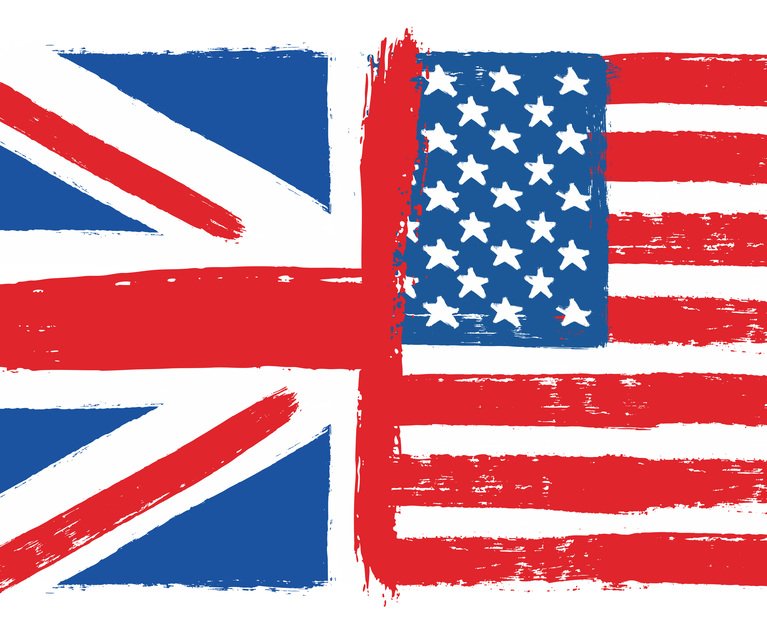Generative artificial intelligence is transforming the way we do business, make art, and learn new information. Every day, another company launches or updates a product or service that integrates generative
How Courts In the U.S. and the UK Are Addressing Key GenAI Copyright Infringement Issues
How the courts in the U.S. and the UK are addressing the key copyright infringement issues as they relate to generative AI models and output, and highlights the differences, particularly in the area of “fair use”/”fair dealing” and statutory provisions unique to each country.

This premium content is locked for The Intellectual Property Strategist subscribers only
ENJOY UNLIMITED ACCESS TO THE SINGLE SOURCE OF OBJECTIVE LEGAL ANALYSIS, PRACTICAL INSIGHTS, AND NEWS IN The Intellectual Property Strategist
- Stay current on the latest information, rulings, regulations, and trends
- Includes practical, must-have information on copyrights, royalties, AI, and more
- Tap into expert guidance from top entertainment lawyers and experts
Already have an account? Sign In Now
For enterprise-wide or corporate access, please contact Customer Service at [email protected] or call 1-877-256-2473.






